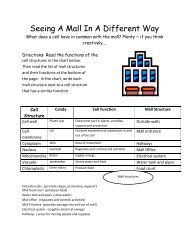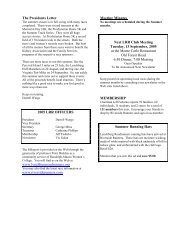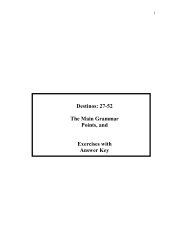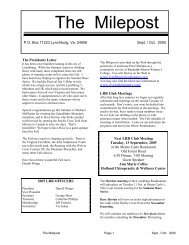Standard PDF - Randolph College
Standard PDF - Randolph College
Standard PDF - Randolph College
Create successful ePaper yourself
Turn your PDF publications into a flip-book with our unique Google optimized e-Paper software.
public, Nick is honing his history research skills, which<br />
will better prepare him for his senior research and for<br />
his career after graduation,” he said.<br />
Earthquakes in Virginia<br />
When most people<br />
think of earthquakes in<br />
the United States, the West<br />
Coast typically comes to<br />
mind. Earthquakes are<br />
not frequent in Virginia,<br />
but they do happen. Using<br />
<strong>Randolph</strong> <strong>College</strong>’s own<br />
seismograph, Tatiana<br />
Gilstrap, an environmental<br />
science professor, and<br />
Qingping Yu ’13 began investigating alternative<br />
methods for identifying and locating local seismic<br />
events this summer. Their research is the first step in<br />
a larger study.<br />
“I have been interested in earthquake engineering<br />
and geophysics since I was in high school,” said Yu. “I<br />
am really curious about the science of earthquakes.”<br />
The pair worked with semblance analysis to study<br />
the microseismicity of Central Virginia. They used<br />
the seismograph at <strong>Randolph</strong>’s Riding Center, one<br />
of a number of seismic stations throughout the state<br />
operated by Virginia Tech.<br />
(Left to right) Qingping Yu ’13 and<br />
Assistant Professor of Environmental<br />
Science Tatiana Gilstrap<br />
Preserving the <strong>College</strong>’s Musical History<br />
For decades, the <strong>College</strong>’s music department has<br />
sponsored performances by students, faculty, and guest<br />
artists. The events were recorded on reel-to-reel tape and<br />
stored in the Lipscomb Library. Some of 200 plus tapes<br />
are nearly half a century old, and their sound quality<br />
is degrading. Under the guidance of Randall Speer, a<br />
<strong>Randolph</strong> music professor, Christine Gnieski ’13 and<br />
Karl Speer ’12 are cataloging the performances, digitizing<br />
them, and converting them to compact discs. This is the<br />
second year of the painstaking project. Ultimately, the<br />
performances will be made available to the community<br />
at large through an online library catalog.<br />
“This project bears considerable significance in<br />
preserving primary historical data related to the musical<br />
heritage of this institution,” said Randall Speer. “When<br />
these materials become available to students and faculty,<br />
we will have a very valuable resource, unique to this<br />
institution.”<br />
His students agree. Gnieski found it intriguing to<br />
listen to the tapes and to relate to what students were<br />
experiencing decades ago, while Karl Speer enjoyed the<br />
span of music. “To be able to go through the music<br />
produced at this <strong>College</strong>, to hear that evolution, that<br />
growth, is a wonderful thing,” he said.<br />
A Climate Action Plan<br />
When the <strong>College</strong> became the first school in<br />
Virginia to sign the American <strong>College</strong> and University<br />
Presidents’ Climate Commitment (ACUPCC) in<br />
2006, the institution agreed to create a plan to reduce<br />
emissions of greenhouse gasses and ultimately<br />
approach “climate neutrality.” A student’s work is<br />
now moving the <strong>College</strong> closer to that goal.<br />
“I’m very passionate about the environment,” said<br />
Ludovic Lemaitre ’11, who is working to develop the<br />
plan with Karin Warren, the Herzog Family Chair of<br />
Environmental Studies. “Such research will benefit me<br />
because the environmental field is getting larger and<br />
more competitive every day, but a climate action plan<br />
is something very unique and valuable for a college<br />
student.”<br />
A climate action plan is a detailed description of<br />
strategies that an institution plans to use to reduce<br />
direct and indirect emissions of greenhouse gasses<br />
like carbon dioxide, nitrous oxide, and methane. The<br />
emissions result from a range of common activities on<br />
a college campus, like travel, laboratory activities, and<br />
landscaping. Climate neutrality is a long-term goal that<br />
is attained only after several decades of using a range of<br />
planned mitigation strategies.<br />
Warren said Lemaitre’s work on the plan will give<br />
him valuable experience in sustainability planning<br />
and make him proficient in a number of practical<br />
skills, including energy analysis, data compilation and<br />
presentation, communication, writing, and creative<br />
collaboration.<br />
Deciphering the Ciphers<br />
Using science to understand<br />
cryptology was the focus of<br />
summer research for Thawda<br />
Aung ’13 and Yesem Kurt,<br />
a <strong>Randolph</strong> mathematics<br />
professor. The duo used the<br />
software program Mathematica<br />
to look at cryptology, the<br />
study and practice of hiding<br />
(Left to right) Thawda Aung ’13 and<br />
Assistant Professor of Mathematics<br />
Yesem Kurt<br />
information. Aung researched how common ciphers<br />
20


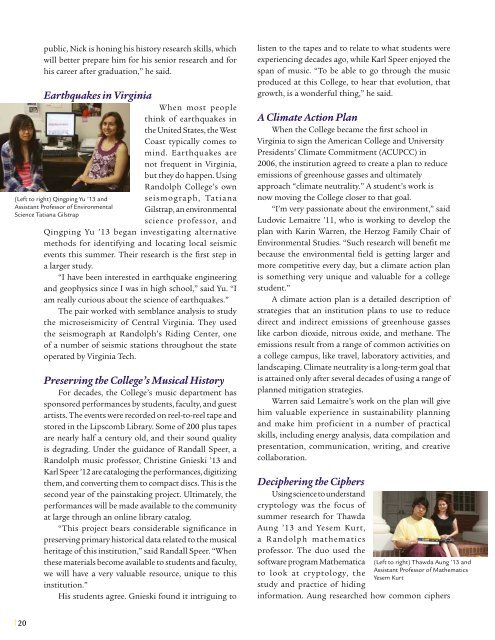

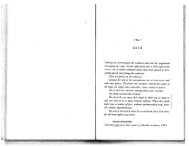
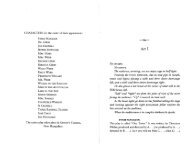
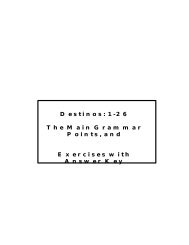
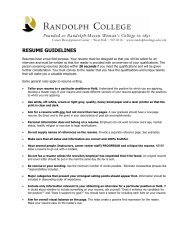
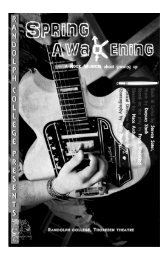
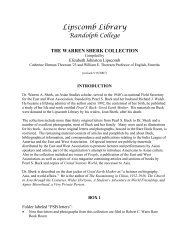
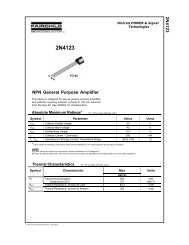

![Cast & Crew List [Program Copy pdf] - Randolph College](https://img.yumpu.com/38268916/1/190x123/cast-crew-list-program-copy-pdf-randolph-college.jpg?quality=85)
